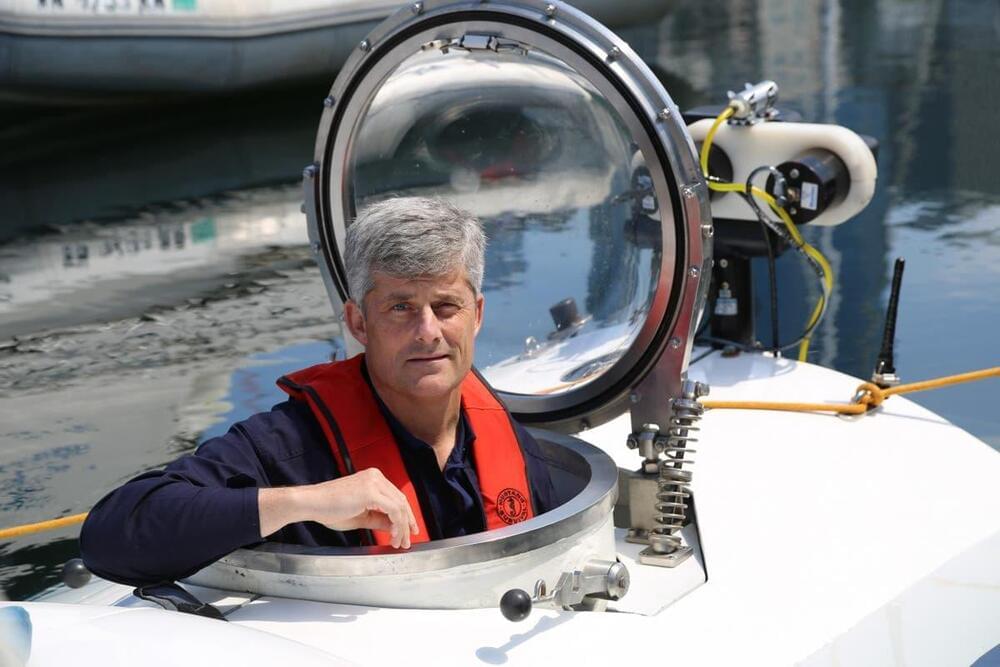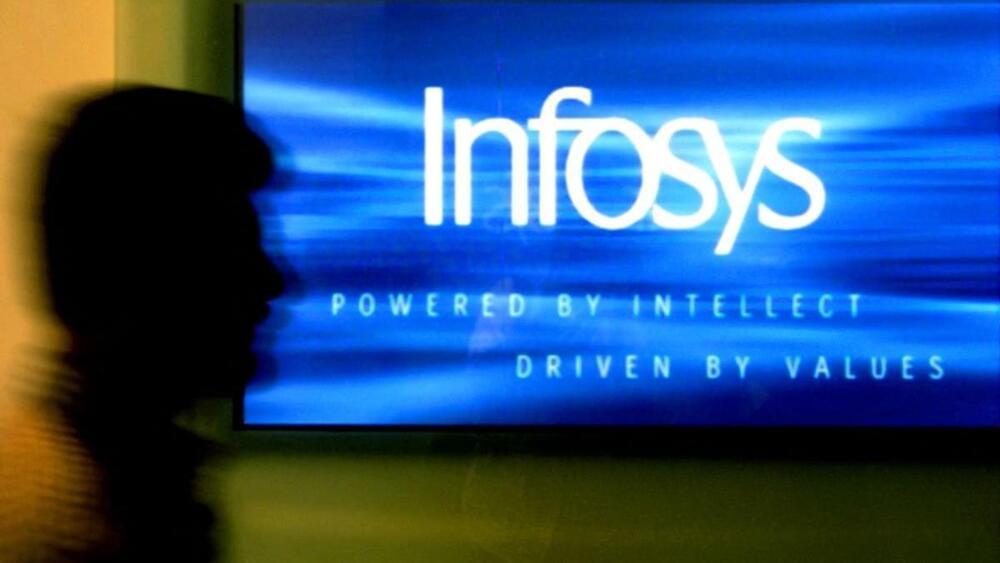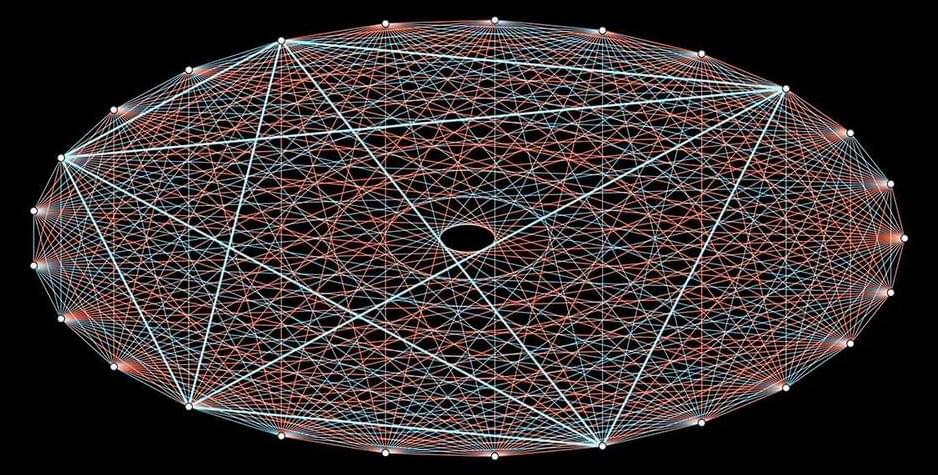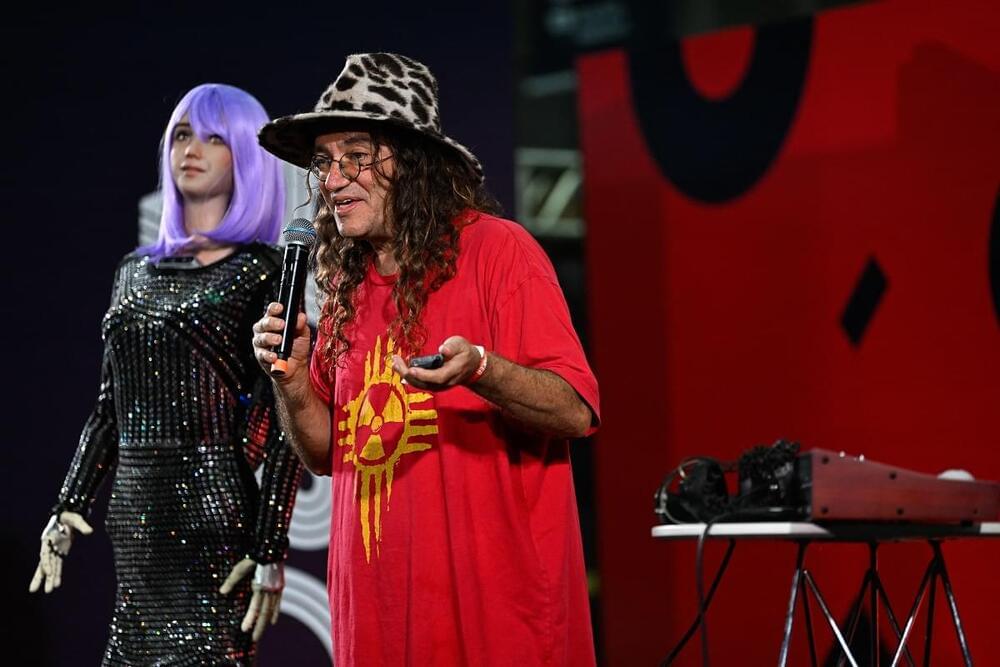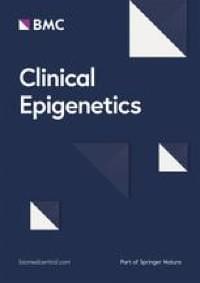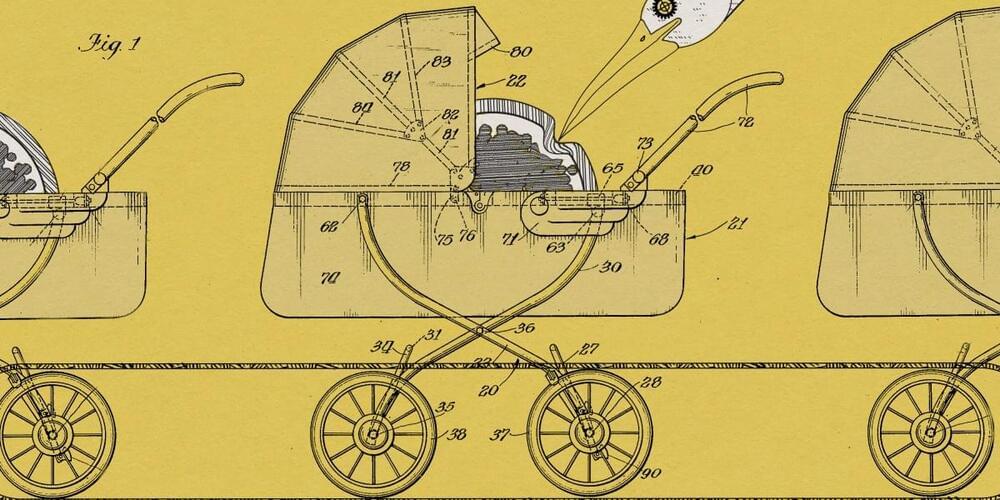An investor claims he raised safety concerns to the CEO of OceanGate Expeditions but was met with reassurance.
According to Infosys, the company’s AI-first specialists and data strategists, who are responsible for delivering Infosys Topaz AI-first services, solutions, and platforms, will be part of shaping the curriculum of these courses. Their expertise will ensure that learners are equipped with future-ready skill sets.
Infosys further explains that it will provide certification in AI and Generative AI skills, which are crucial for securing jobs, through its Infosys Springboard Virtual Learning Platform. The certification program will offer a diverse range of courses covering various topics related to AI. These courses include an introductory course on AI and Generative AI, with a specific emphasis on deep learning and natural language processing. Additionally, there will be a masterclass on AI and the impact of Generative AI.
Furthermore, Infosys will also provide a customised course on ‘Citizens Data Science’, which will encompass different facets of the data science discipline. The course will cover topics such as Python programming, linear algebra, probability and statistics, and exploratory data analysis. Upon successfully completing the course, learners will receive a certificate.
In new work on graphs’ hidden structure, mathematicians probe the limits of randomness.
Nothing prepared me for the disconnection from Earth that distorted my perception of time while submerged.
A man that wears a leopard print cowboy hat has a bold prediction: that AI will, in the next few years, replace up to 80 percent of jobs.
Cardiovascular disease (CVD) is the leading cause of death worldwide and considered one of the most environmentally driven diseases. The role of DNA methylation in response to the individual exposure for the development and progression of CVD is still poorly understood and a synthesis of the evidence is lacking.
A systematic review of articles examining measurements of DNA cytosine methylation in CVD was conducted in accordance with PRISMA (preferred reporting items for systematic reviews and meta-analyses) guidelines. The search yielded 5,563 articles from PubMed and CENTRAL databases. From 99 studies with a total of 87,827 individuals eligible for analysis, a database was created combining all CpG-, gene-and study-related information. It contains 74,580 unique CpG sites, of which 1,452 CpG sites were mentioned in ≥ 2, and 441 CpG sites in ≥ 3 publications. Two sites were referenced in ≥ 6 publications: cg01656216 (near ZNF438) related to vascular disease and epigenetic age, and cg03636183 (near F2RL3) related to coronary heart disease, myocardial infarction, smoking and air pollution. Of 19,127 mapped genes, 5,807 were reported in ≥ 2 studies.
Explaining the interaction between quantized vortices and normal fluids.
Researchers from Osaka Metropolitan University, Florida State University.
Florida State University (Florida State or FSU) is a public space-grant and sea-grant research university in Tallahassee, Florida, United States that was established in 1851. The university comprises 16 separate colleges and more than 110 centers, facilities, labs, and institutes that offer more than 360 programs of study, including professional school programs.
Last spring, engineers in Barcelona packed up the sperm-injecting robot they’d designed and sent it by DHL to New York City. They followed it to a clinic there, called New Hope Fertility Center, where they put the instrument back together, assembling a microscope, a mechanized needle, a tiny petri dish, and a laptop.
Then one of the engineers, with no real experience in fertility medicine, used a Sony PlayStation 5 controller to position a robotic needle. Eyeing a human egg through a camera, it then moved forward on its own, penetrating the egg and dropping off a single sperm cell. Altogether, the robot was used to fertilize more than a dozen eggs.
The result of the procedures, say the… More.
Meet the startup companies trying to engineer a desktop fertility machine. If they succeed, it could make IVF cheaper and more widespread.
Harvard University plans to use an AI chatbot similar to ChatGPT as an instructor on its flagship coding course.
Students enrolled on the Computer Science 50: Introduction to Computer Science (CS50) programme will be encouraged to use the artificial intelligence tool when classes begin in September.
The AI teacher will likely be based on OpenAI’s GPT 3.5 or GPT 4 models, according to course instructors.
